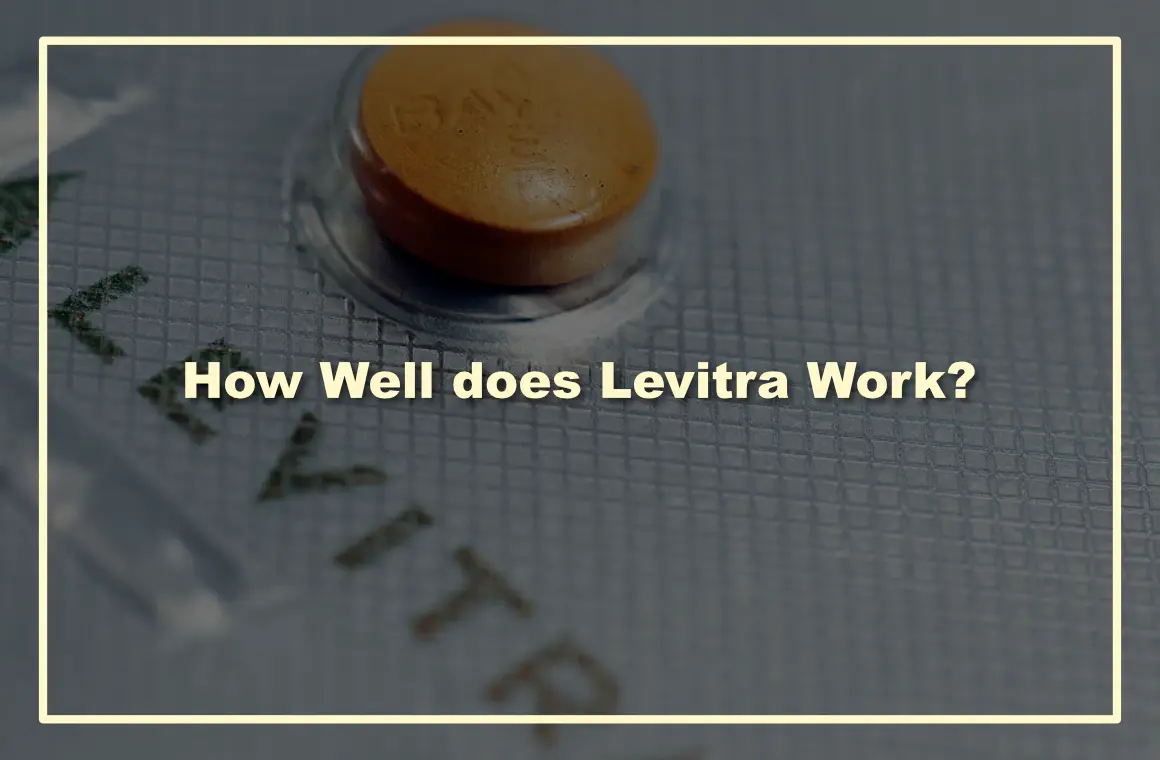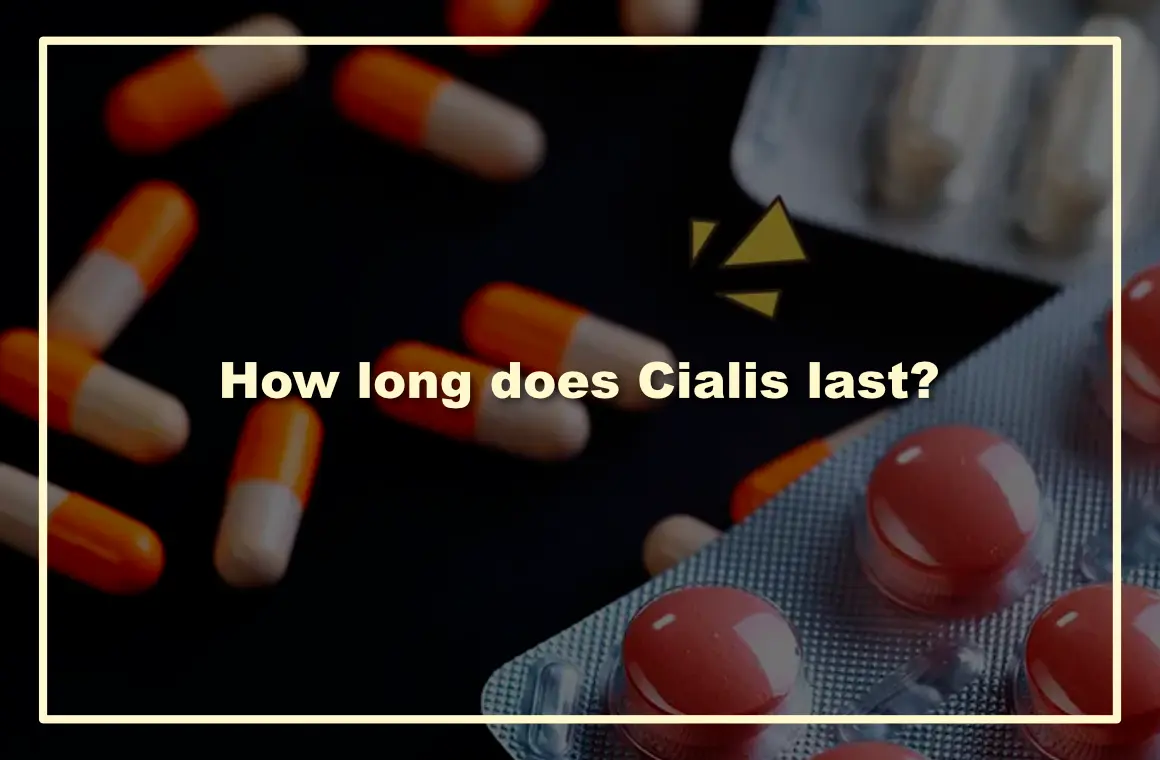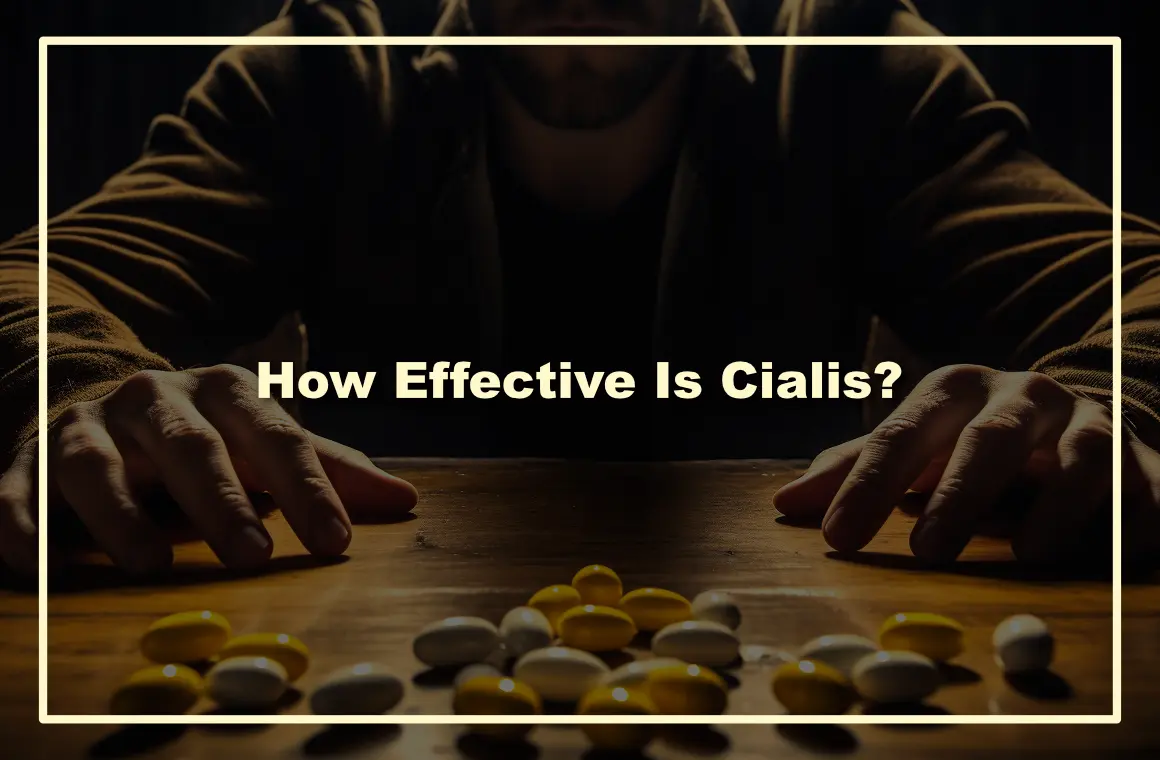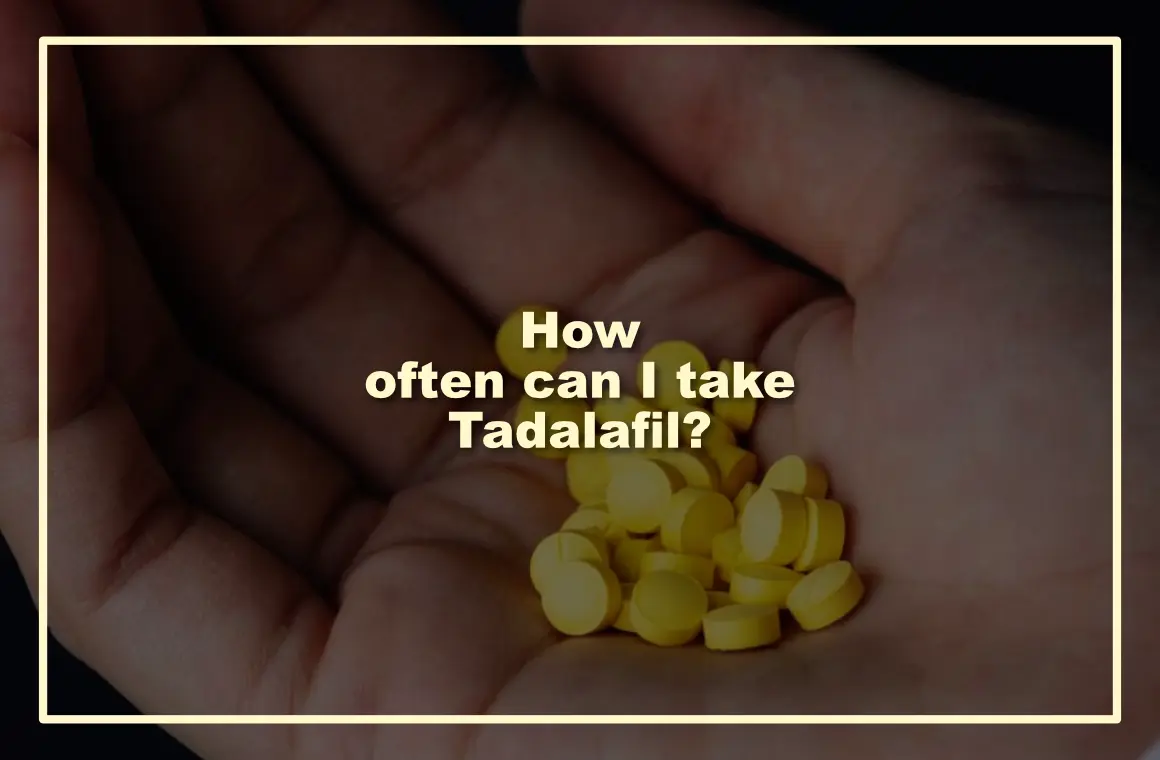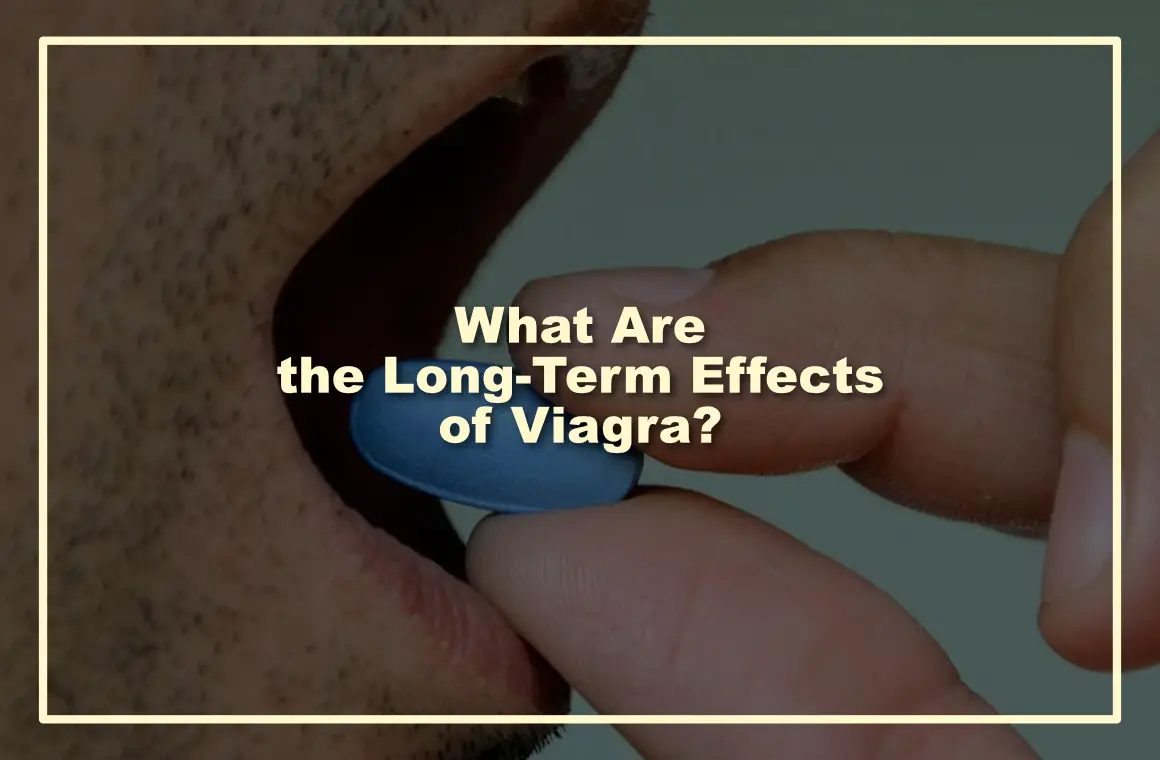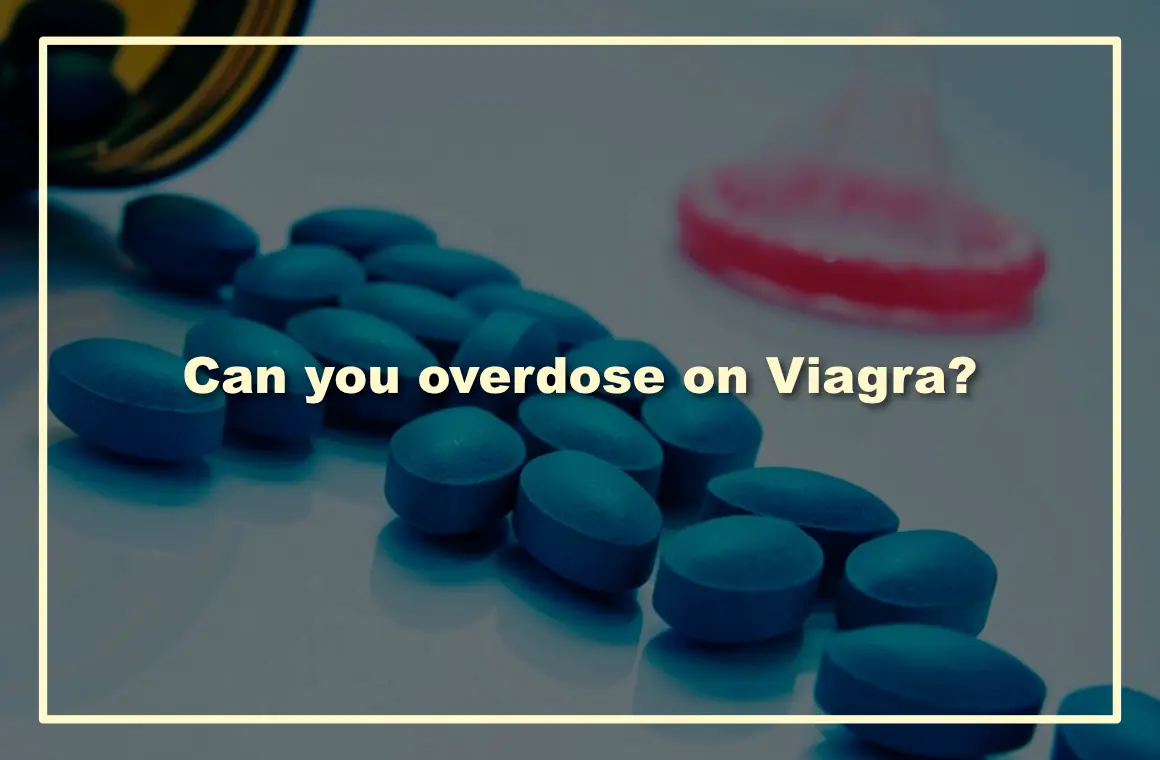
Viagra (Sildenafil) is known as a medication for treating erectile dysfunction, which is the inability to achieve or maintain an erection sufficient for satisfying sexual performance. Before it was marketed, extensive clinical research was conducted to determine the appropriate dosage and usage guidelines. This research also provided information on side effects, drug interactions, precautions, and contraindications related to the medication aimed at treating or assisting in the treatment of certain conditions.
Overdosing on medication can be extremely dangerous and sometimes fatal. Overdoses always carry the risk of serious side effects. Regardless of intent, overdosing on any medication can lead to severe and prolonged consequences.
Many of you might wonder if you can overdose on Viagra. The answer is “NO”. In this blog, we’ll explore why overdosing on Viagra is not advisable.
Recommended Dosage and Adjustments
For most patients, the recommended dose of Viagra is 50 mg taken as needed. The maximum recommended dose is 100 mg. If necessary, the dose can be reduced to 25 mg. Viagra should ideally be taken as needed approximately 30-60 minutes before sexual activity. However, it can be taken anywhere from 0.5 hours to 4 hours before sexual activity. The maximum recommended dosing frequency is once per day. Sildenafil (Viagra) is rapidly absorbed. Maximum plasma concentrations are reached within 30 to 120 minutes after taking it on an empty stomach.
In clinical trials, when Viagra was taken with high-fat meals, its absorption rate significantly decreased. Patients may experience its effects for a longer duration if taken with high-fat meals.
Effect of Viagra on Erectile Response
Viagra has been studied in various clinical trials. In fixed-dose trials, patients using Viagra at doses of 25 mg, 50 mg, and 100 mg reported improved erectile function compared to those not using treatment for erectile dysfunction.
All studies investigating Sildenafil’s effect on penile erection after sexual stimulation consistently show that doses up to 100 mg result in significant improvements in erection duration (considered sufficient for penetrative sexual intercourse) compared to a placebo (no treatment). In conclusion, Viagra enhances couples’ ability to engage in sexual intercourse.
Overdose Concerns
In clinical studies with healthy volunteers, it was observed that a single dose up to 800 mg led to adverse events similar to those seen at lower doses, but the frequency and severity of adverse events increased.
Priapism (Prolonged and Painful Erection)
Overdosing on Viagra can lead to priapism, which is a persistent and painful erection of the penis. Patients should be informed to report erections lasting more than 4 hours to their doctor. Treatment for priapism/prolonged erection should follow established medical practices. Doctors may refer to two recommended protocols for detumescence, described below. Detumescence involves the process of reducing tension, swelling, or (especially) sexual arousal.
The use of ice may provide initial relief until the patient reaches the doctor’s office, but consultation with a urology specialist should be sought as soon as possible, particularly if the erection has lasted for several hours. If priapism is not promptly treated, it can lead to tissue damage in the penis and/or permanent loss of erectile function.
Viagra (Sildenafil), a medication used to treat erectile dysfunction, has recommended dosages ranging from 25 mg up to a maximum of 100 mg, depending on individual needs. It should ideally be taken about 30-60 minutes before sexual activity, with a maximum frequency of once daily.
Excessive use of Viagra can result in serious side effects, including priapism, a prolonged and painful erection of the penis. Priapism requires immediate medical attention to prevent damage to penile tissue or permanent loss of erectile function.
Therefore, it’s important to follow recommended dosage instructions and consult with a doctor for proper usage to minimize the risk of serious side effects.


